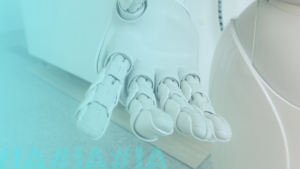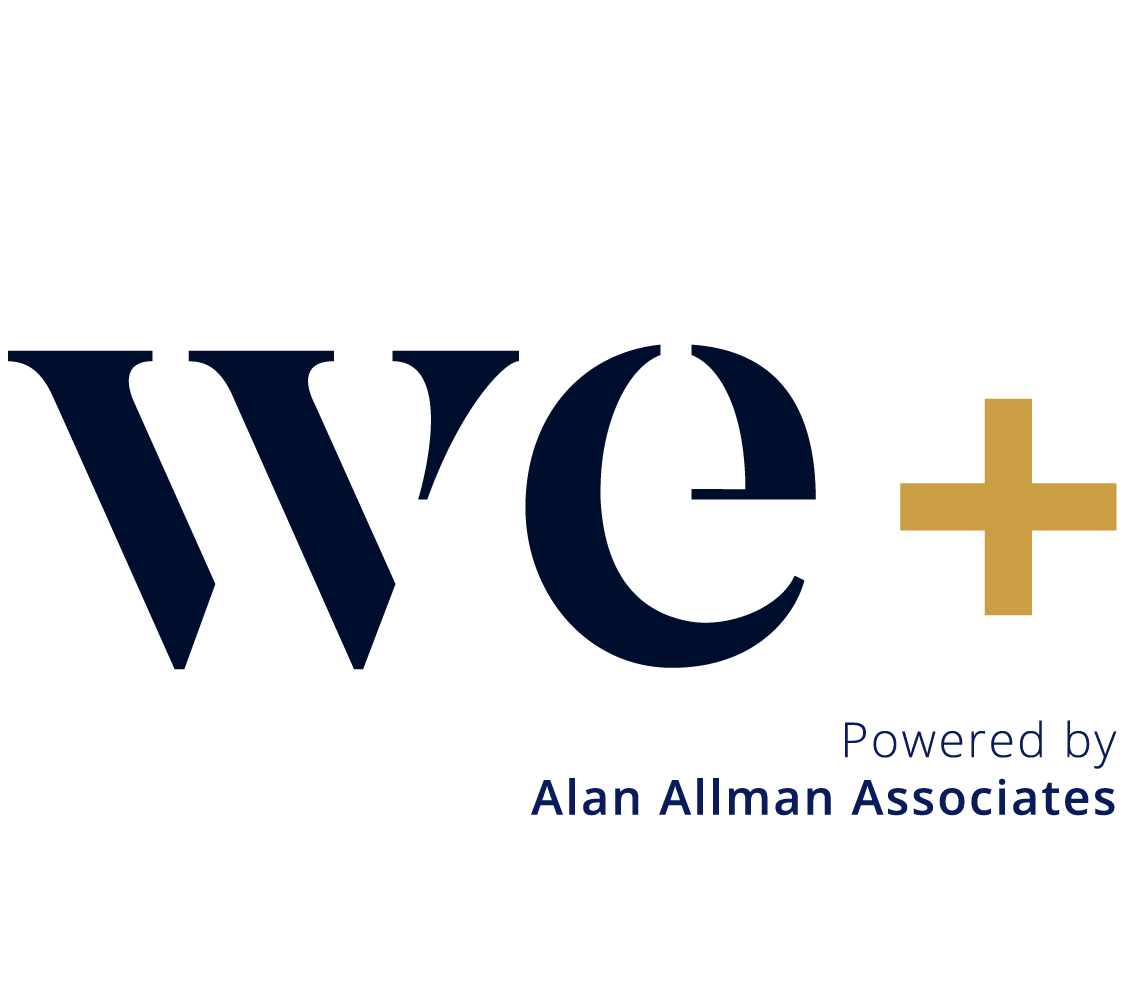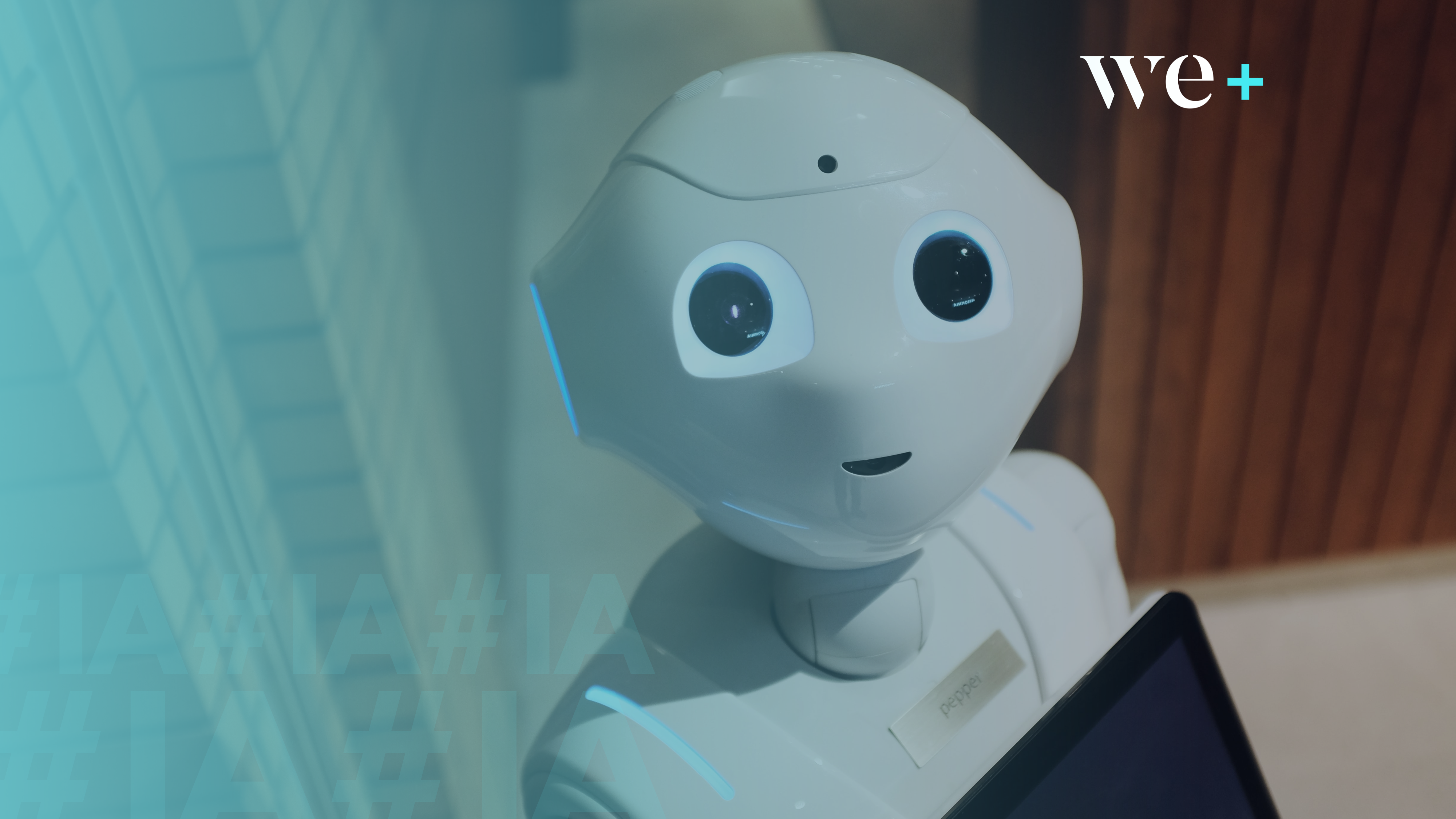Artificial intelligence was born in the 1950s with the aim of having machines that mimic brain activity produce human tasks.
Two currents were then formed:
- Said artificial intelligence strong : designing a machine capable of reasoning like a human, with the supposed risk of generating a machine superior to Man and endowed with a consciousness of its own.
- So-called artificial intelligenceweak : designing machines capable of helping humans with their tasks.
These applications, which concern all human activities, make it possible in particular to improve the quality of care. AI is indeed at the heart of the medicine of the future and can be used to improve the speed as well as the accuracy of disease diagnosis and screening, facilitate clinical care, strengthen health research and drug development.
It could also facilitate access to healthcare services in countries with few resources and in rural communities where patients often struggle to access health workers or medical staff.

The application areas of AI in medicine:
- Predictive medicine: prediction of a disease and/or its course.
- Precision medicine: personalised treatment recommendation.
- Decision support: diagnosis and therapy.
- Companion robots: particularly for the elderly or frail.
- Computer-assisted surgery.
- Prevention: anticipating a pandemic and pharmacovigilance (drug monitoring).
The benefits brought by AI in medicine:
- Optimising medical time: AI speeds up access to care and patient care. It does not take the place of the doctor, on the contrary: by automating tasks, it frees up medical time in favour of the patient in particular.
- Enabling tool: AI enables doctors to refocus on their core business: the relationship with the patient. It significantly increases the patient’s experience and quality of life.
- Extrapolable and profitable platforms: an AI application can become a platform and be transposed to several fields of application. The economic benefits can be very significant, depending on the tasks it automates and the health benefits it delivers.
- Prevention solutions: AI opens up new fields for preventive medicine. It is a genuine tool for democratising healthcare, by enabling all healthcare staff to enhance their skills.
On the other hand, the use of artificial intelligence highlights that these opportunities come with challenges and risks:
- The unethical collection and use of health-related data.
- The anomalies introduced into the algorithms.
- New equity concerns and risk to human rights and other fundamental values.
- The risks to cybersecurity and the environment.
- AI decisions are not always understandable to humans.
- AI-based decisions are likely to be inaccurate, lead to discriminatory results or contain anomalies.
AI has a bright future in the healthcare sector and will be key to solving many of the challenges faced by patients and healthcare professionals. However, for artificial intelligence to have a real impact, it is imperative that the right data infrastructure foundations are put in place and that ethics are a priority.

